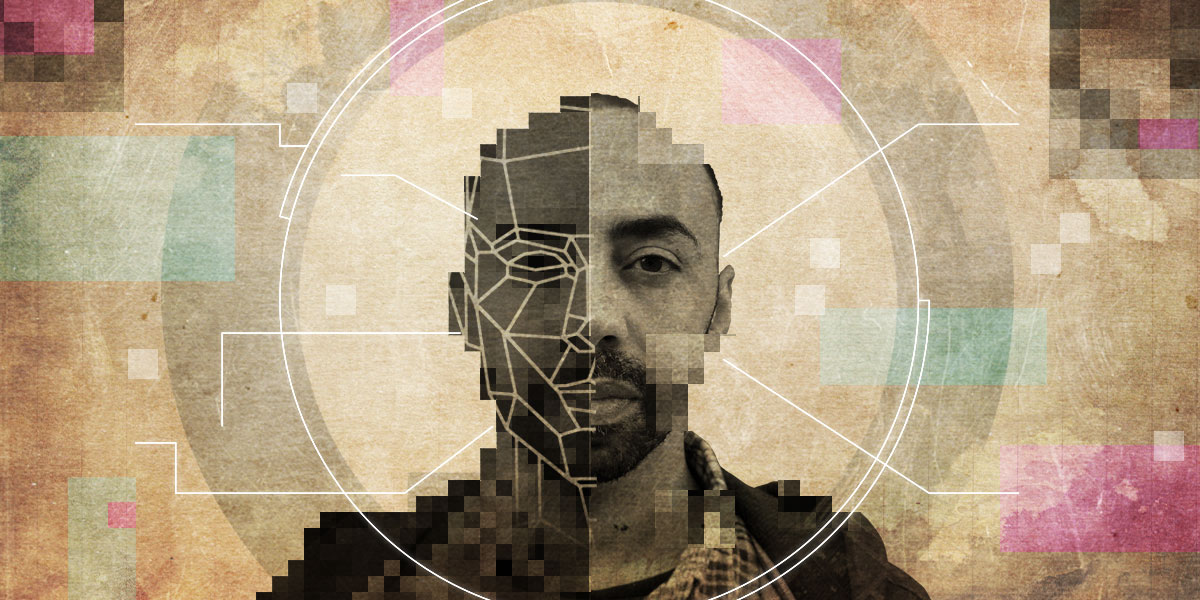California Assemblymember Phil Ting has introduced A.B. 1814, a bill that would supposedly regulate police use of facial recognition technology. The problem is that it would do little to actually change the status quo of how police use this invasive and problematic technology. Police use of facial recognition poses a massive risk to civil liberties, privacy, and even our physical health as the technology has been known to wrongfully sic armed police on innocent people–particularly Black men and women. That’s why this issue is too important to throw inadequate or half-measures like A.B. 1814 to try to fix it.
The bill dictates that police should examine facial recognition matches “with care” and that a match should not be the sole basis for the probable cause for an arrest or search warrant. And while we agree it is a big issue that police seem to repeatedly use the matches spit out by a computer as the only justification for arresting people, theoretically the limit this bill imposes is already the limit. Police departments and facial recognition companies alike both maintain that police cannot justify an arrest using only algorithmic matches–so what would this bill really change? It only gives the appearance of doing something to address face recognition technology's harms, while inadvertently allowing the practice to continue.
Additionally, A.B. 1814 gives defendants no real recourse against police who violate its requirements. There is neither a suppression remedy nor a usable private cause of action. The bill lacks transparency requirements which would compel police departments to reveal if they used face recognition in the first place. This means if police did arrest someone wrongfully because a computer said they looked similar to the subject, someone would likely not even know they could sue the department over damages, unless they uncovered it while being prosecuted.
Despite these attempts at creating leaky bureaucratic reforms, police may continue to use this technology to identify people at protests, track marginalized individuals when they visit doctors or have other personal encounters, as well as any other number of civil liberties-chilling uses police might overtly or inadvertently deploy. It is this reason that EFF continues to advocate for a complete ban on government use of face recognition–an approach that has also resulted in cities across the United States standing up for themselves and enacting bans. Until the day comes that California lawmakers realize the urgent need to ban government use of face recognition, we will continue to differentiate between bills that will make a serious difference in the lives of the surveilled, and those that do not. That is why we are urging Assemblymembers to vote no on A.B. 1814.













